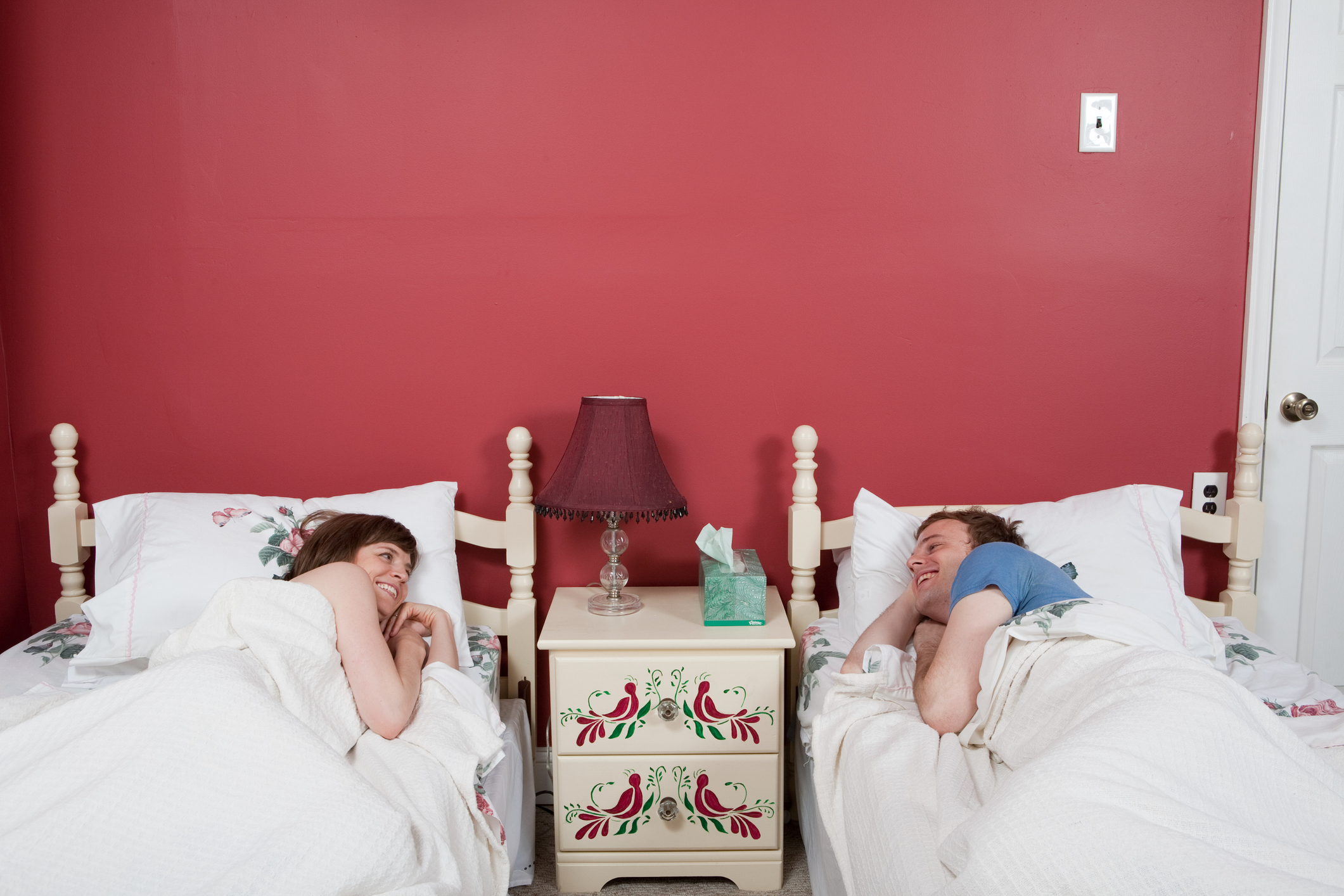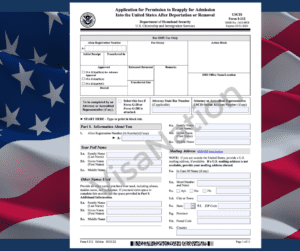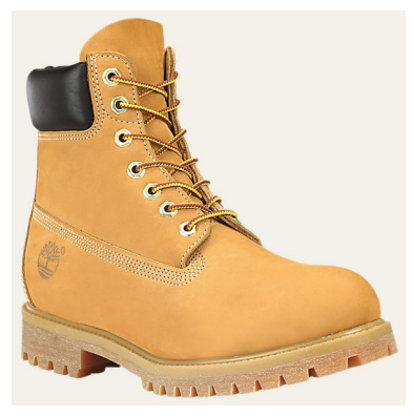District Court Abused Its Discretion in Enjoining Patent Owner’s Speech
“[W]hen the requested injunction restricts speech, at least in the context of enjoining implementation of state and federal statutes, the Eighth Circuit has characterized the movant’s burden as more challenging, stating it as ‘likely to prevail on the merits.’” – Federal Circuit
The U.S. Court of Appeals for the Federal Circuit (CAFC) on Friday, February 17, ruled in a precedential opinion that a Nebraska district court abused its discretion in granting a preliminary injunction barring the owner of patents on holiday string lights from communicating to its customers that a competitor was infringing its patents.
Lite-Netics, LLC sued Holiday Bright Lights (HBL) in the U.S. District Court for the District of Nebraska for infringement of its U.S. Patent Nos. 7,549,779 and 8,128,264, both titled “Magnetic Light Fixture.” HBL was at one time a customer of Lite-Netics and also sells holiday string lights, including one it calls a “Magnetic Cord,” which is one of the two products Lite-Netics alleged infringed its patents. HBL’s U.S. Patent No. 11,333,309 describes the product and issued in 2022 based on a 2021 application. Lite-Netics’ patents issued in 2009 and 2012.
Lite-Netics sent HBL a cease-and-desist letter in 2017 asking it to stop selling the infringing products, but no response was received and no further communication made for five years. In 2022, Lite-Netics sent another letter to HBL, demanding it respond to explain why it wasn’t infringing or confirming that it would stop selling the products. HBL did respond, asking Lite-Netics to explain how it was infringing “when the Magnetic Cord has no single magnet with a pull strength of at least five pounds or that does not protrude outside the socket base,” as required by Lite-Netics’ patents. The parties each replied once more with their respective arguments, but no further communication occurred again until Lite-Netics sued HBL in district court in August of 2022, asserting direct infringement, induced infringement, contributory infringement, and willful infringement.
Before filing the lawsuit, Lite-Netics sent its customers, some of which were also HBL customers, communications alerting them to infringing competitors in the market. Lite-Netics did not name HBL in the first communication, but after filing suit, in September 2022, it again wrote to its customers informing them of the lawsuit and the infringement, and naming HBL. HBL subsequently filed a motion to dismiss the lawsuit for unfair competition and false advertising, deceptive trade practices, tortious interference, defamation, and bad-faith patent-infringement communications. HBL also asked for a temporary restraining order and preliminary injunction barring Lite-Netics from accusing HBL of copying or suggesting HBL customers may also be subject to an infringement suit. The district court granted this motion, and eventually issued a decision granting a preliminary injunction against Lite-Netics, enjoining the company and “its officers, directors, shareholders, and other agents from making statements via letters, emails, Facebook, Twitter, or any other social media, mass media, direct marketing, robocalls, press releases, blogs, websites or otherwise suggesting ‘copying’ by HBL, suggesting HBL customers will be burdened as additional defendants in this or any lawsuit, or suggesting that HBL is a patent infringer.”
In its analysis, the Federal Circuit first explained that HBL’s assertion that its burden under the relevant Eighth Circuit law was only to show a “fair chance” of prevailing on the merits was incorrect. “[W]hen the requested injunction restricts speech, at least in the context of enjoining implementation of state and federal statutes, the Eighth Circuit has characterized the movant’s burden as more challenging, stating it as ‘likely to prevail on the merits,’” wrote the CAFC. Furthermore, even using the “fair chance” standard, Federal Circuit law governs what is required to meet that standard for patent-related claims, said the court. To that end, HBL failed to prove it has a “fair chance” of showing that Lite-Netics’s patent-infringement claims are objectively baseless, explained the CAFC.
The district court’s decision to grant the preliminary injunction was based on HBL’s tortious-interference and defamation claims, both of which stemmed from the second notice Lite-Netics sent to customers, which listed its patents and named HBL as infringer. This raises issues of notice of patent rights under federal law, said the CAFC, which “preempts state-law tort liability for a patentholder’s good faith conduct in communications asserting infringement of its patent and warning about potential litigation,” wrote the court. Thus, the state law claims must be based on a showing of bad faith, a requirement that is based in part on First Amendment principles, which “are particularly significant when an injunction against speech is at issue,” the opinion added.
A finding of bad faith requires a showing that the claims were objectively baseless, a standard that is met only if “no reasonable litigant could realistically expect success on the merits.” While HBL attempted to argue that if the preliminary injunction is found to be proper with respect to any speech, it must be upheld in its entirety, the CAFC dismissed this argument outright, characterizing it as “contrary to the First Amendment principles that underlie the demanding requirements for a valid injunction against speech declaring the speaker’s view of its patent rights.” Furthermore, absent any argument from HBL that some portions of the injunction be upheld if others are found to be an abuse of discretion, the CAFC vacated the full injunction as an abuse of the district court’s discretion “at least in finding that Lite-Netics’s infringement allegations with respect to the ’779 patent are objectively baseless.”
The court further clarified that Lite-Netics’s allegations of patent infringement, even if incorrect, are permitted under the law and not automatically objectively baseless and spent the remainder of its opinion setting out its analysis of why Lite-Netics’s position on all three of the legal conclusions on which the district court’s decision was based had not been shown, “at this stage of the litigation (before, e.g., full claim-construction proceedings or possible expert reports on infringement), to be objectively baseless.”
The appellate court thus vacated the preliminary injunction and remanded for further proceedings in line with its opinion.






